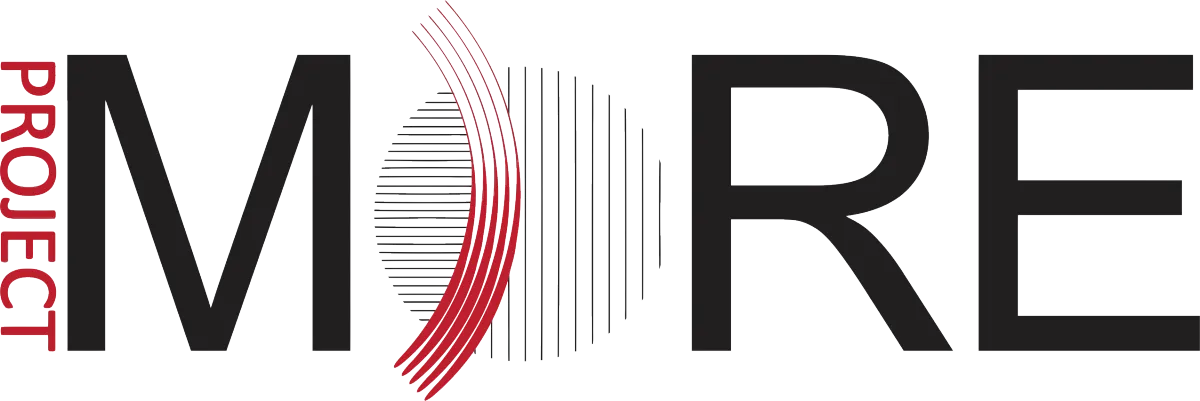CT PROGRAMS
The Virginia Wells Transitional House
The Virginia Wells House was established in 2006 and named after a long-time community activist and city Fire Commissioner. The facility is a 21-bed, female transitional program funded by the State Court Support Services Division. Referrals must be 18 years of age or older and referred by a judge, the Office of Adult Probation or the Office of Bail Commissioner. The program provides women with structure and services that will facilitate their transition back into the community. Clients may stay up to six months and are required to be engaged in treatment and employed or in school. All clients must remain drug and alcohol free. The Virginia Wells Transitional House

The Walter Brooks Halfway House
The Walter Brooks House is a 67-bed, male only, work release program. The facility opened in 1995and is funded by Connecticut Department of Correction. The program exists to fully support clients in their re-entry into the community. Program staff assist clients in obtaining employment, saving money, remaining drug and alcohol free, attending all required programming and obtaining identification, while also aiding in the development of a positive attitude and increased self-respect. All clients are assigned a case manager who will assist them in meeting their program goals. Referrals must be 18 years of age or older.

Project M.O.R.E. Transitional House
Project M.O.R.E. Transitional has been in operation since 1999. It is a State-funded, 28-bed, maleonly program serving probation and pre-trial clients. Clients stay a minimum of four to a maximumof six months. Upon arrival, clients are required to complete 150 hours of community servicewhich is performed in city and state parks. This service can also be provided at various non-profitagencies throughout New Haven. Clients are required to seek employment and, once employed,must establish a savings account. Required programming includes: Case Management, AA andJob Readiness, NA, Cognitive Behavioral Therapy, Release Prevention, GED Prep Classes and LifeSkills. On weekends, they may attend outside AA and NA meetings as a group, transported bystaff. The basic concept of the program is to instill self-discipline in clients that has not existed andto maintain this to give them a good foundation to restart their lives.

The Roger Everson Supportive Housing
The Roger Everson House is a ten-bed, nine-unit facility which features eight efficiency units and one two-bedroom unit. Each unit is fully furnished and accommodates male clients. The Supportive Housing Program goals are to prepare the clients for independent living upon transitioning from the program. The potential client must be in complete compliance with their conditions of parole and exemplify the model parolee. The client must be employed or actively seeking employment, which is an important criteria for successful transition. Upon securing employment, each client is required to set up a security savings account which will assist in having income upon discharge.

Community Development Block Grant
For the past three years, Project M.O.R.E. has received funds from the City of New Haven. The funds are for a Community Development Block Grant. The current amount received is $20,000.There are two components of this Block Grant:
• Provide retention services for all Walter Brooks House residents who have positively discharged and are living in New Haven.
• Provide Community Service to New Haven-based non-profits. Participants come from the Walter Brooks House and our Male Transitional facility.

Community Re-Entry Liaison
Project M.O.R.E. will assist the City of New Haven, Project Fresh Start on setup, coordination and assistance in various events for re-entry clients. Many institutions hold job fairs to provide individuals who were just released an opportunity to practice job interview skills and to expose community recruiters to the skills available among releasing inmates. One of the events was the Re-Entry Roundtable Job Fair that occurred on March 13, 2018 at GWCC. Project M.O.R.E. will assist Project Fresh Start with identifying employers to participate in Job Fair and prescreening of client/customers from Fresh Start clientele for Job Fair.

Community Re-Entry Liaison
Project M.O.R.E. will assist the City of New Haven, Project Fresh Start on setup, coordination and assistance in various events for re-entry clients. Many institutions hold job fairs to provide individuals who were just released an opportunity to practice job interview skills and to expose community recruiters to the skills available among releasing inmates. One of the events was the Re-Entry Roundtable Job Fair that occurred on March 13, 2018 at GWCC. Project M.O.R.E. will assist Project Fresh Start with identifying employers to participate in Job Fair and prescreening of client/customers from Fresh Start clientele for Job Fair.

Project Remedial Education And Development
A GED Program with the aid of New Haven Adult and Continuing Education Center. Classes are in session Monday through Thursday from 1-4 PM. Project M.O.R.E. is a satellite location for New Haven Adult Education where the instructor will be provided by New Haven Adult Education.

Regional Transportation Unit
This program provides transportation to those facilities which cannot provide the needed transportation referrals to and from courts, probation, medical appointments, family services and others.

Federal Provisional Shelter Service Program
Project M.O.R.E., Inc. is under contract with the United States District Office of Federal Probation. We are currently housing federal clients at PMTH, VWTH and the Walter Brooks Halfway House.

Diaper Bank
The New Haven Project M.O.R.E. is a partner with the Connecticut Diaper Bank as a satellite office for diaper disbursement. Both program clients and community residents at large have access to the Emergency Diaper Bank. All clients receiving diapers must complete the appropriate forms and bring identification and the child’s birth certificate before they can access the service. This service is offered to both Project M.O.R.E. clients and the community at large as a beneficial tool in addressing families need for diapers.

Project MORE Reentry Welcome Center
The Project MORE Reentry Welcome Center is a one-stop shop for reentry. The Center provides reentry services for eligible individuals who are returning to New Haven from incarceration or any individual who has been involved in the criminal justice system residing in New Haven or surrounding towns. Clients are paired with Peer Support Specialists who assess their service needs and connect them to services for Identification, Housing, SNAP, transportation, medical care, assistance for substance use disorder, mental health care employment and more. The Reentry Welcome Center also provides Peer Group Sessions, Career Resource Specialists, clothing, access to computers and computer training.


